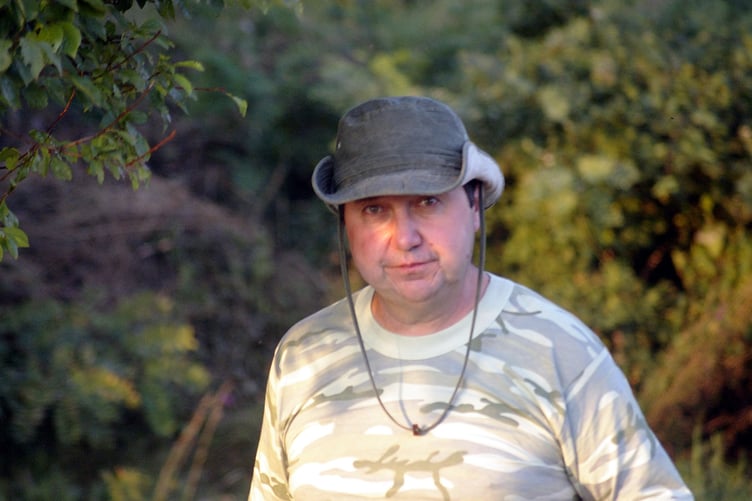I’m writing this on the day that the Grenfell Tower Inquiry published its report seven years after the dreadful fire that engulfed the tower in flames, killing 72 residents. I wept as I heard when the Public Inquiry Chair, Sir Martin Moore-Bick, said that all these deaths were avoidable.
Any news about a fire brings back memories of my own narrow escape more than 50 years ago as a young student living on the second floor of a city centre slum dwelling, shared with my friend. I can revisit every moment, the unusual heat, the flames licking up the stairwell, the noise of the inferno, the banging on the landlord’s bedroom door, the escape from the first floor through the sash window onto broken glass below in our bare feet and running to the nearby police station in our thin nighties, both injured, petrified and in shock.
My friend wasn’t badly injured, luckily found a room immediately. I had to return to my family to heal. Back at uni, homeless, sleeping on my friend’s floor, my studies suffered.
These memories have led me to reflect on Carol Kovacs, the Romanian found dead in Aberystwyth Harbour, who’d been living in a tent on Tanybwlch beach. I didn’t know him but he was often on my bus. My sadness turns to anger when I consider how vulnerable people are let down by those who are paid to help. Sir Martin Moore-Bick said, “those who lived in the tower were badly failed over a number of years and in a number of different ways by those who were responsible for ensuring the safety of the building and its occupants.” The survivors were treated with total contempt afterwards, unsuitably housed, as if they were a nuisance.
Homelessness in Ceredigion and the rest of Wales is shameful too. Anyone who walks around Aberystwyth must see rough sleepers in doorways, in the park, and even the bus shelters. Much blame for homelessness lies with the many different government and council departments responsible for housing, welfare, social services, planning, job centres, and with charities. And that’s where the difficulties lie; no joined-up thinking, and too many different people and organisations with overlapping responsibilities so that the ‘problem’ gets passed to someone else to sort.
There‘s something wrong at a much deeper level too. Why do we as a society accept the enormous inequalities in housing? How is it that there are so many second homes, empty for most of the year, and houses used for holiday lets, all making house prices increase? And how about unused properties? Every time I pass through Llanon I notice this enormous house, three floors tall, empty since I’ve lived here, over 24 years. That house alone could home one person per floor; properly supported that’s three people getting their lives back. Opposite this empty house is an empty hotel, vacant long enough for me to feel aggrieved at this utter waste.
How many empty dwellings are there that could be used to house homeless people? Would it be possible for our local authorities to requisition such properties after a suitable period of time? A fantastic organisation in Leeds called LATCH (Leeds Action to Create Homes) buys derelict houses, renovates them using teams of unemployed trainee builders, and rents them at fair rates. Can we set up a similar scheme, perhaps using the extra tax income from second homes?
A young survivor of the Grenfell Tower inferno said that his life wasn’t ‘normal’, he called the people responsible ‘not normal’. Nowhere should we accept this unequal access to housing as ‘normal’.





Comments
This article has no comments yet. Be the first to leave a comment.